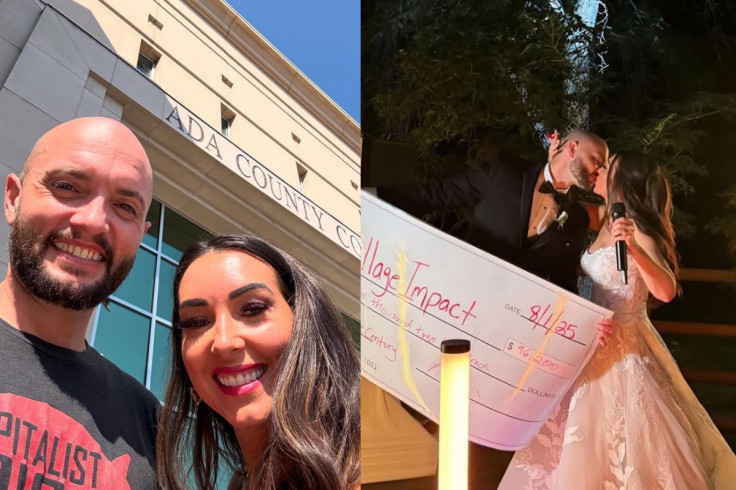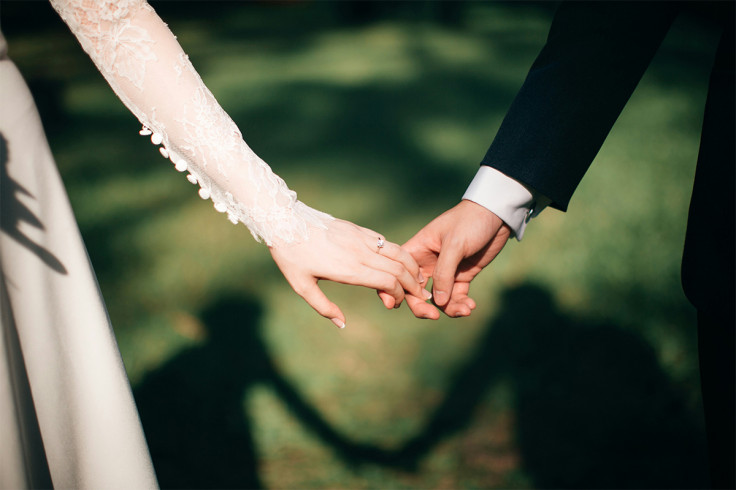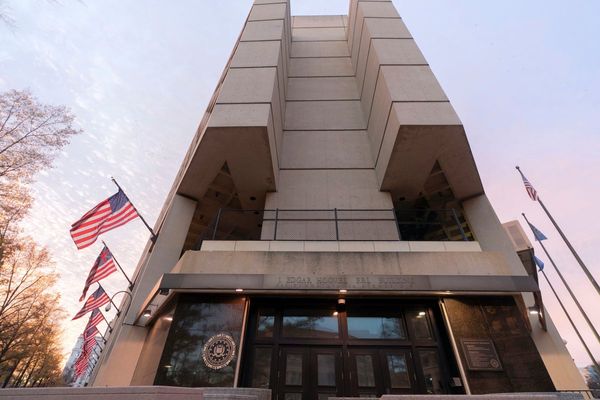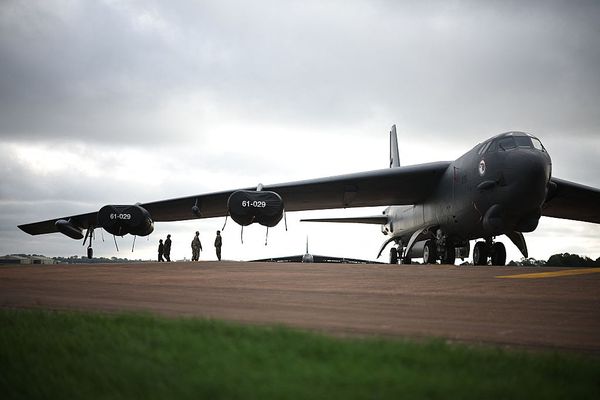
How far would you go to fund your dream wedding? For one American couple, the answer was bold: they asked their guests—most of them strangers—to pay as much as $1,000 (£790) each for a seat at their ceremony. And astonishingly, people paid.
While many on social media branded the move a 'mockery' of marriage, Marley Jaxx and Steve Larsen insisted their approach was less about profit and more about disrupting a bloated wedding industry. And with over 270 guests in attendance, they may have just rewritten the wedding rulebook.
Meet the Couple Who Turned a Wedding Into a Business Model
Marley Jaxx, 34, and Steve Larsen, 37, are digital entrepreneurs based in Idaho, with a combined following of 192,000 across Instagram and YouTube. As the couple began planning their nuptials, they were stunned by the sky-high costs of even basic services—one venue reportedly charged them $650 (£512) just to cut the cake.
What began as a light-hearted idea soon turned into a serious matter. Jaxx floated the notion of selling wedding 'tickets' to her 21,000 Instagram followers and quickly realised there was genuine interest. In another report, she described the concept as 'disruptive', adding that she only pursued it because it felt purposeful and 'from the heart'.
The couple maintained that the event wasn't a commercial venture—though they did end up breaking even and raising $132,000 (£104,000) in surplus. All additional funds were donated to Village Impact, a charitable organisation that builds schools in Africa.
The Pricing Tiers: What $1,000 Gets You at a Wedding
The unconventional wedding offered three ticket tiers—priced at $57 (£45), $97 (£77), and $997 (£790). While family and friends were granted VIP access, around 130 attendees paid for tickets, including 30 who opted for the highest tier.
Here's what each package included:
- $57 (£45): Entry to the ceremony and reception.
- $97 (£77): Includes the rehearsal dinner, alongside the main event.
- $997 (£790): A whole weekend experience with extras like romance counselling, breathwork therapy, and access to a 'Biohacking Brunch'—complete with $20,000 (£15,750) worth of bio-charger energy rehab sessions.
The most expensive package was influenced by the couple's social media followers, who were asked directly what they'd be willing to pay for such unique experiences. The result? A high-end wedding weekend that also offered health, wellness and a touch of self-discovery.
The event also featured live music from trombone-dancing performer Jonathan Arons, entertainment from Team Ragoza and DJ Dynamix, sweet treats from Stella's Ice Cream, confections by Michelle Sohan, and cookies from Mama's Secrets.
Average Costs Of Weddings In The UK and The US

As mentioned, around 30 attendees for Jaxx and Larsen's ceremony purchased $1,000 VIP access. This equates to $30,000, which is quite close to the average cost of a wedding in both the UK and the US.
Hitched, a leading UK wedding planning destination, revealed that £23,250 (~$31,000) was the average cost of a wedding in the UK in 2025. This is based on their National Wedding Survey, which was conducted among over 3,000 couples who married in 2024 across the UK.
According to their study, the top three expenses were the venue, catering, and photography. These cost £8,000, £4,500, and £1,500, respectively.
Meanwhile, Zola, a US-based wedding platform, noted that the average cost of a wedding in the US is projected to hit $36,000 in 2025. This was covered in their annual First Look Report, which interviewed roughly 6,000 couples getting married this year.
Their study revealed that US couples share similar concerns. Specifically, 95% justify the expenses from the location and wedding professionals (caterers and photographers).
With these estimates, it's understandable why charging a cover at chapel doors has become a trending matter. It's a unique way to save money for weddings, which can cost couples over $30,000.
The debate over whether Jaxx and Larsen's approach is genius or gauche continues online. Some call it a clever solution in an age of inflation and extravagance, while others argue it commodifies a sacred tradition.
But love it or loathe it, one thing's for sure: this is a wedding that guests—and the internet—won't forget anytime soon.







